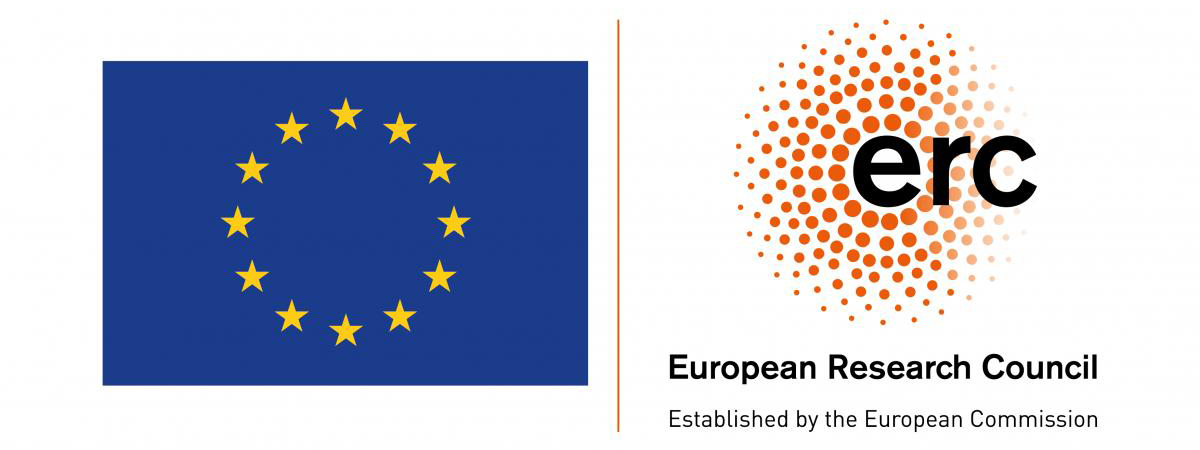
Project 1 - Personalized Insurance
Insurance is a "business of uncertainty". No one can know future damages in advance, but the probabilistic calculation of risk and of its distribution over a pool of policy-holders has allowed individuals and companies to plan their activities in a controlled and protected way. Algorithmic individualized predictions could undermine the principles on which the current insurance practices are based.
How does the availability of individual risk information affect the business model and the social role of insurance?

We explore in three steps what happens to this model when insurance companies can gather so much data that they have detailed information about individual future dangers.
Personalization of Risk Calculation. The fair price for the individual could lead to a demutualization of risks and undermine the solidarity aspect of insurance, possibly excluding high-risk or disadvantaged groups.
Inversion of Information Asymmetry. Big Data could lead to a condition in which insurers know more about their customers than the latter know about themselves. If the forecast were so precise as to drastically reduce uncertainty, however, there would be no interest in buying or selling a policy that exactly matches the level of risk.
Proactivity of prediction in recent proposals of Preventive Insurance. The insurers anticipate damages in advance and become more like advisors, selling preventive services that change the conditions of the future
